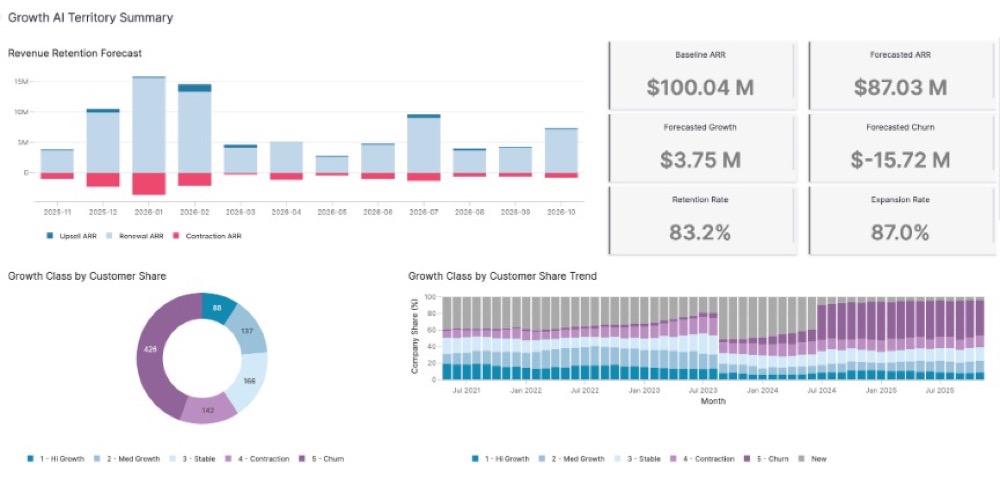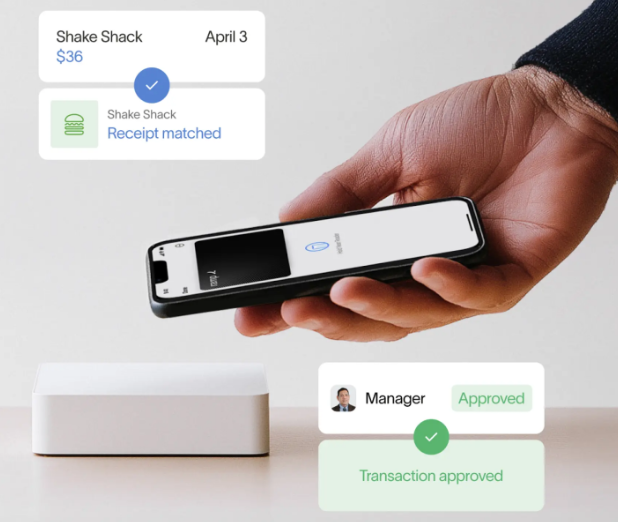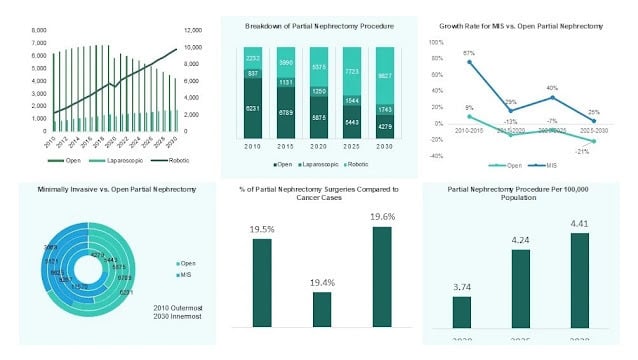Chipmind, a Zurich-based startup creating AI tools to improve microchip development, has launched after a period of stealth.
Contentlockr
Zurich-based Chipmind, a startup building AI agents to accelerate the development of microchips, announced its launch from Stealth, along with $2.4M (approximately €2M) in its pre-seed round.
Founderful led the funding round with the participation of prominent angel investors from the semiconductor industry.
Founderful (formerly Wingman Ventures) is a Swiss pre-seed fund, backing ambitious founders from day zero to exit.
In November last year, Founderful completed its final close of its second fund, Fund II , at $140M (approximately €133M) to focus on Swiss technology and talent.
With a hands-on, founder-first approach, Founderful has invested in over 60 startups, building a portfolio of Switzerland’s most promising tech companies.
Edouard Treccani, principal at Founderful, adds, “In a world buzzing with AI every day, Chipmind stands out as a refreshingly real solution to a problem Harald and Sandro have spent 20 years deep in. From day one, they’ve built in close dialogue with the market, and the early feedback has been remarkably positive. Founderful is thrilled to be part of their journey!”
This funding allows the Swiss company to expand its engineering team, accelerate product development, and deepen its engagements with key industry players.
Chipmind: AI agents for chip design and verification
Founded by Sandro Belfanti and Harald Kröll, Chipmind is the first European startup focusing on AI agents for chip design and verification.
The founding duo, who met during their PhD studies at ETH Zurich, have extensive experience in AI and chip design.
They have developed more than 20 chips, ranging from modems for mobile phones to system-on-chip solutions.
“In the semiconductor industry, deep customisation and data protection are fundamental, but true design awareness is what separates a generic tool from an intelligent partner. Each company’s chip is a complex hierarchy with unique constraints, surrounded by a proprietary environment of tools and workflows,” says Harald Kröll, Co-Founder and CEO of Chipmind.
“That is the reality we built for. Our ‘design-aware’ agents are engineered to holistically understand the entire chip context, not just the surrounding tools. We’ve found this deep awareness is the key that unlocks productivity, translating directly into significant time savings on the most complex tasks, all while integrating seamlessly into existing workflows,” adds Kröll.
Meet Chipmind Agents
The company’s AI Agent — Chipmind Agents are a new class of AI agents designed to automate and optimise the most complex chip design and verification tasks.
Using each customer’s unique design data, these agents fit into current workflows.
They adapt to the specific design context, automatically work with proprietary EDA (Electronic Design Automation) tools, and understand the entire chip design structure.
As collaborative assistants, Chipmind Agents boost engineering productivity by taking on complex tasks while allowing the human engineer to stay in control.
This approach aims to shorten problem-solving times in custom chip design, helping teams achieve results faster, claims the company.
“This human-AI collaboration is the key to managing immense complexity, unlocking engineering creativity, and ultimately enabling the next generation of technology that will define our future,” says the company.
“Anyone who’s spent time in chip development knows how much of the work is repetitive and time-consuming, demanding precision but not necessarily creativity,” says Sandro Belfanti, Co-Founder and CTO of Chipmind.
“Throughout my career developing chips at top-tier semiconductor companies, I’ve often wished for a solution that could magically take care of those tedious tasks so I could focus on solving real engineering challenges. With Chipmind Agents, we’re finally bringing that solution to life: AI agents that can autonomously handle the boring parts, letting engineers focus on what truly matters: innovation,” concludes Belfanti.























